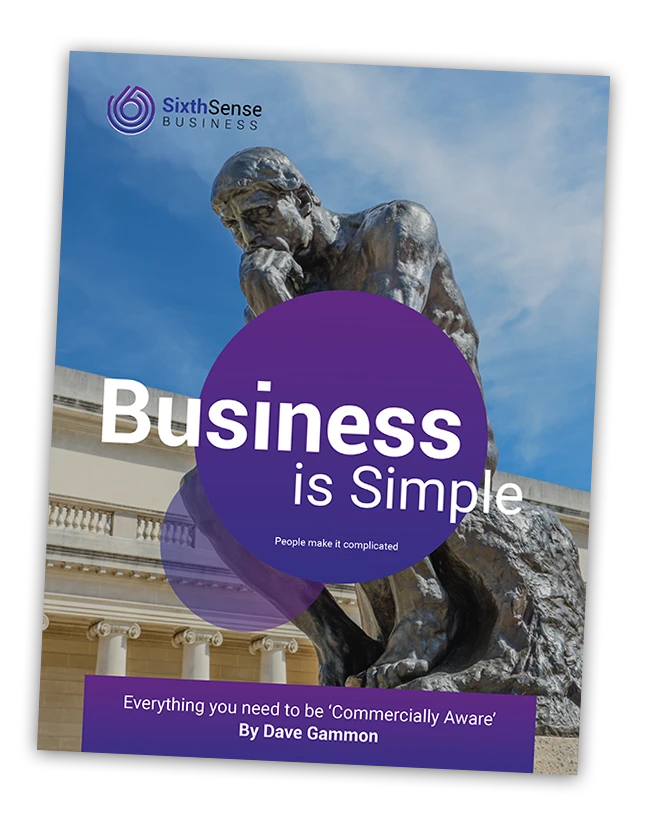
Do you sometimes lack belief in yourself? Do you look at your career or your business and think, how did I get here? When you compare yourself to others, do you find yourself lacking or unworthy in your mind?
Well, the good news is you aren’t alone. I mentioned ‘impostor syndrome’ in a LinkedIn post recently, and it quickly became clear that the article had hit the nail on the head for many people.
Read on to hear how I first realised and then rid myself of the lack of self-esteem and self-belief – a characteristic of my own experience of being an impostor.
Imposter Syndrome
Dr Pauline Clance and Dr Suzanne Imes first used the term impostor syndrome to describe an experience of ‘self-perceived intellectual phoniness’ reported by high-achieving women. Subsequent research now confirms it is equally present in the male population.
Whilst it is commonly experienced, it isn’t recognised as a formal mental disorder, although it is often accompanied by anxiety, depression, and stress.
It became present for me from the moment I was promoted into my first management role. It stayed with me throughout my corporate career (getting noticeably worse the further I moved up the ladder) and continued into the first few years of my self-employed coaching career.
I had nagging doubts about my capabilities and my value. It didn’t feel like I could trust my judgement in commercial situations, particularly ones that brought about difficult conversations with my colleagues. As a result, I would to over-analyse everything and then become combative in situations where I felt at risk of being exposed.
Whilst I was aware of the feelings of low confidence, I didn’t attribute them to feeling like an impostor. That’s because the experience I had of inferiority felt legitimate and genuine to me.
The most apparent cause of this experience was that my peers, subordinates, and bosses were, in the main, university educated and chartered accountants. Whereas my formal education ended at sixteen, and whilst I passed all of the exams to become chartered in my profession, I never regarded myself as an equal.
However, as I subsequently learned, the roots of such deeply held beliefs are often much deeper than the ‘obvious’ cause. No one who worked with me or who had met me would have recognised that any of this was going on (several people that had worked with me in the past responded privately to me, saying they were really surprised by my post). I hid it well, mainly by projecting self-confidence and being highly outspoken.
I still managed to progress from a 16-year-old Clerical Assistant to Director of Financial Operations in a significant telecommunications company via eight big household name companies. So, what is the big deal, you might ask?
Well, there are two big deals here.
Firstly, and I have this in common with many of the people I coach, the success was present in financial terms, but it was the experience of doing the job that was difficult. When you’re in constant fear of being discovered as a fraud, there is a tendency to compensate by adopting behaviours and traits that are unnatural to you. I tried to pretend to be someone I wasn’t, which made my working life feel complicated and stressful, where it should have been effortless and even enjoyable. In the end, I hated the corporate world and forced my way out of it. Yet, from my position now, I can see all that anxiety and stress purely as a function of my own perception.
Secondly, there was the cost in terms of the opportunities I never took. Because I did not see the full reach of my capabilities and depth of my knowledge, there were promotions I didn’t go for, conversations I never had, and countless times I never spoke up when I should have.
Even when I became a self-employed coach, I lost countless opportunities to work with clients because I didn’t have the self-belief to show up fully in those crucial ‘sales’ conversations.
So what changed for me?
The death of the impostor
As I sit here now, I can look back and smile at who I used to be. All that struggle and anxiety was simply me trying to protect myself from an imaginary enemy. It was an innocent misunderstanding about the efficacy of my view of the world and myself.
I had been studying a new branch of psychology to help with my coaching, focused on how we create our experience of reality, exclusively through conscious and subconscious expressions of our thought. This approach gave me access to several key insights which began to tear a hole in the fabric of the story I had been holding about myself. It was a step in the right direction, but I still found myself defaulting to my old identity of not knowing or being enough. I guess that when you’ve been living your life to the same story for decades, it’s not always easy to let go of it.
Then one day, I was involved in an exercise that required me to tell my career story in a very particular way. The result was not so much a light bulb moment. It was more like a bomb had gone off in my head. My entire career re-framed itself, and I saw the power, breadth, and depth, of my career for the first time.
Since that day, just like everybody else, I continue to be subject to the slings and arrows of outrageous fortune, but everything is different. Whatever is going on, I have a rock-solid level of self-belief that I can deal with whatever happens and continue to move forward in the direction of travel I have chosen.
Ridding myself of the sense that I wasn’t enough has allowed me to access a level of self-confidence and resilience that has allowed me to weather some tough times and ground my decisions and actions in a strong understanding of who I am and what I want.
You are more than you think you are.
Can you imagine what you might be capable of if you were crystal clear about what you wanted and able to see the full reach of your capabilities?
As soon as I experienced the transformation that I went through, I realised that this was the most important thing I could teach my clients. So I immediately began integrating some of what I had learned into my work with owners, managers and salespeople.
After testing and measuring different approaches through the programs I have been running, I have narrowed it down to four key access points.
- Correcting a simple misunderstanding of how your experience of impostor syndrome is created.
- Re-framing your experiences into a powerful internal narrative that will give you boundless confidence and resilience.
- Shifting your perspective of others helps you see that we are all making it up and that everyone is fighting their own unique battle under the surface.
- Committing to the path of mastery and becoming the go-to ‘expert’ in your field puts you beyond the ability of your impostor syndrome to contain your potential.
Any one of these strategies has the potential to give you the breakthroughs you need to rid yourself of impostor syndrome and access untapped levels of self-confidence, resilience and commitment. The challenge for the transformational coach is finding which approach (or combination of approaches) holds the unique key for you.
One thing is for sure. Even a small percentage shift in how you perceive yourself opens up a whole new field of opportunity and possibility for those willing to go through the work to get there.
